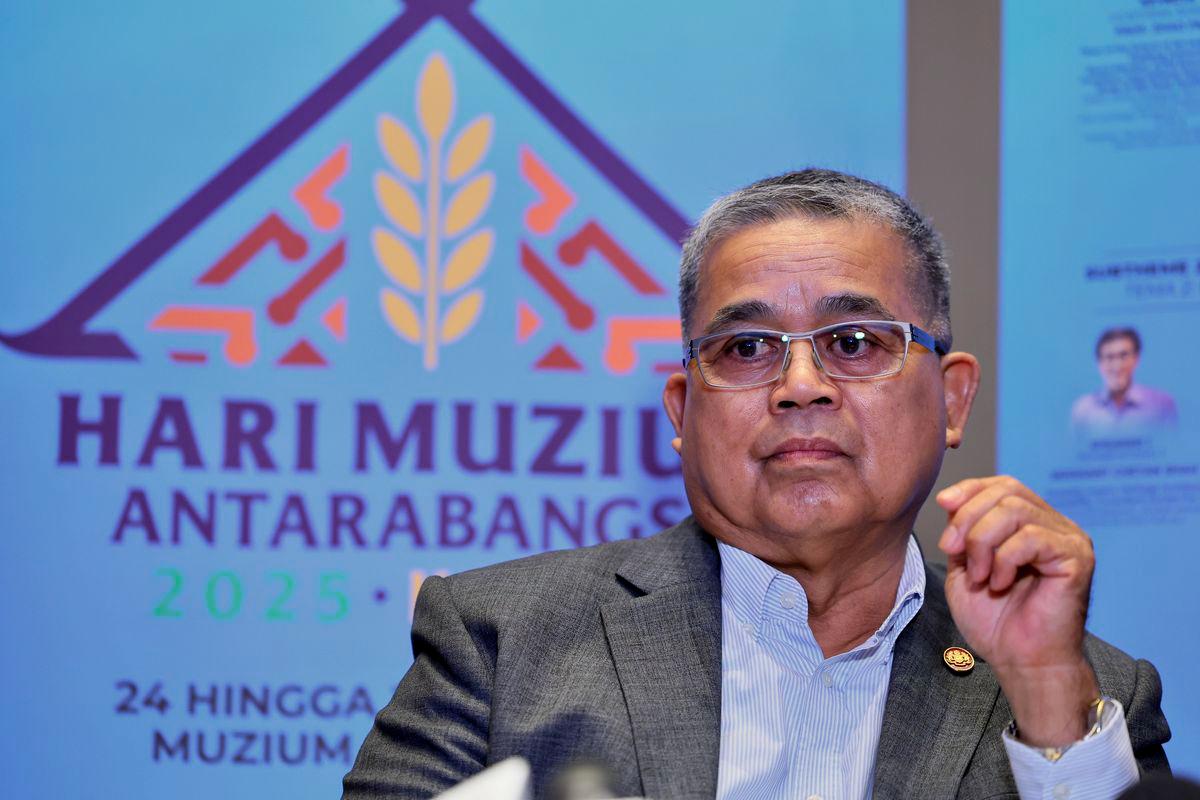PETALING JAYA: The National Unity Ministry is in the final stages of drafting a new legislation to regulate museum activities nationwide, said its minister Datuk Aaron Ago Dagang.
He said the Act is intended to provide a clear legal framework for museums and to ensure they are managed effectively and sustainably.
He added that the Bill may be tabled in Parliament before the end of the year.
“We are currently engaging stakeholders at both the state and federal levels, as well as from the private sector.
“The ministry’s goal is to create museums that are not only educational but also transformative – spaces that inspire creativity, critical thinking and a deeper appreciation for our shared humanity.”
Aaron was speaking on the sidelines of the Malaysia International Museums Day Seminar 2025 held yesterday at M Resort Hotel Kuala Lumpur.
Also present was Museums Department director-general Datuk Kamarul Baharin A. Kasim.
On the delay in finalising the Act, originally announced in 2023, Aaron said extensive stakeholder engagement is necessary before it can be gazetted.
“We have many museums in the country, including those owned by state governments and the private sector. Out of the 232 recognised museums in Malaysia, only 22 are federal museums.”
Aaron said the ministry has requested government funding to upgrade and equip museums with the latest technology.
Earlier in his keynote address, Aaron said the ministry is committed to ensuring that museums reflect the values of inclusivity, accessibility, sustainability and diversity.
He said the ministry would collaborate closely with the Museums Department to elevate the standards of local institutions.
“In an age where technology permeates every facet of our lives, it is imperative that our cultural institutions evolve to meet the expectations and needs of the modern world. Digital transformation offers us the opportunity to preserve our rich heritage while making it accessible to a global audience.
“By integrating digital technologies, we can enhance the visitor experience, engage diverse communities and ensure that our cultural narratives are preserved for future generations.”
Aaron also encouraged local museums to digitise their collections, adopt virtual and augmented reality technologies, introduce interactive digital exhibits, develop mobile applications and online platforms as well as strengthen their community engagement and inclusivity efforts.
He emphasised that museums are more than just buildings.
“A museum is a living institution that connects us to our past, guides us in the present and inspires us for the future. In a rapidly changing world, they remind us of the values that unite us – understanding, respect and acceptance.”
At a media conference, Kamarul said the proposed Act aims to establish an official museum database and a museum council to serve as an advisory and supervisory body for museums nationwide.
“We want to ensure that all new museums established going forward align with the cultural norms of our society,” he said, noting the existence of museums abroad with explicit or controversial themes.
He said while the National Heritage Act 2005 (Act 645) addresses heritage sites, monuments as well as tangible and intangible heritage, it does not comprehensively regulate museum policy.
“This new law follows international standards and global practices. We’ll also introduce a rating system and regulate new museums, especially private ones.”









